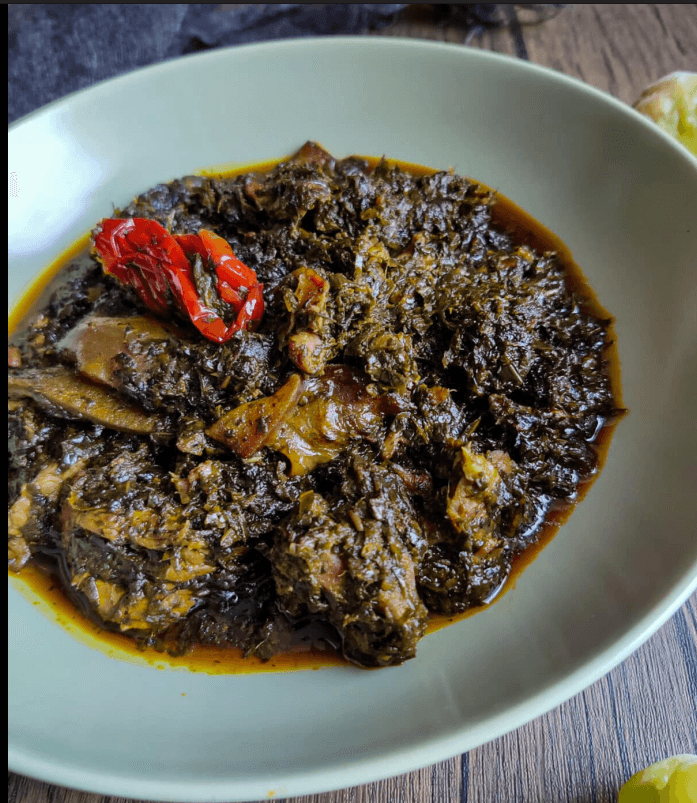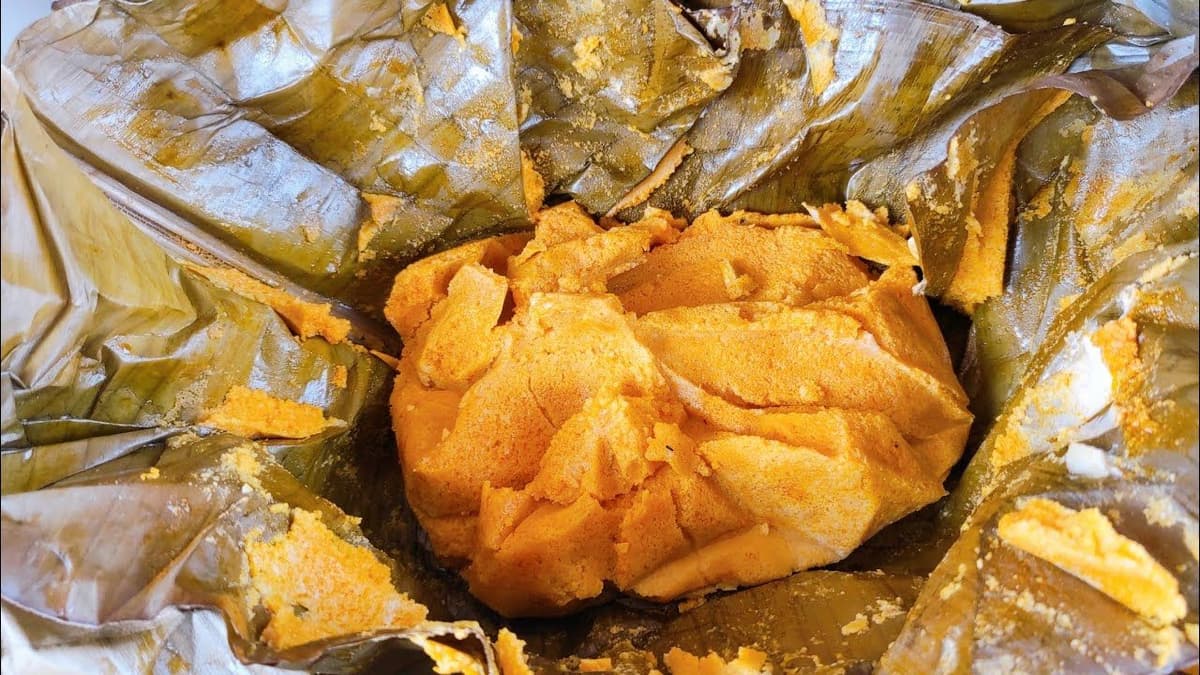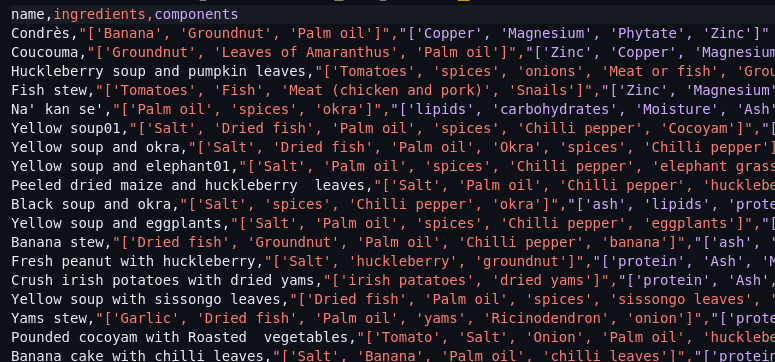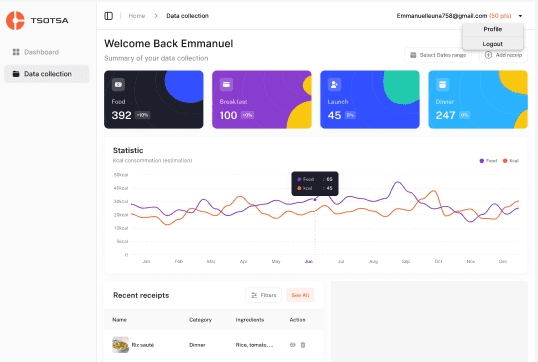Food Information Engineering
A revolutionary approach to understanding food through data science, AI and collaborative knowledge building. Explore the 4-step methodology below.
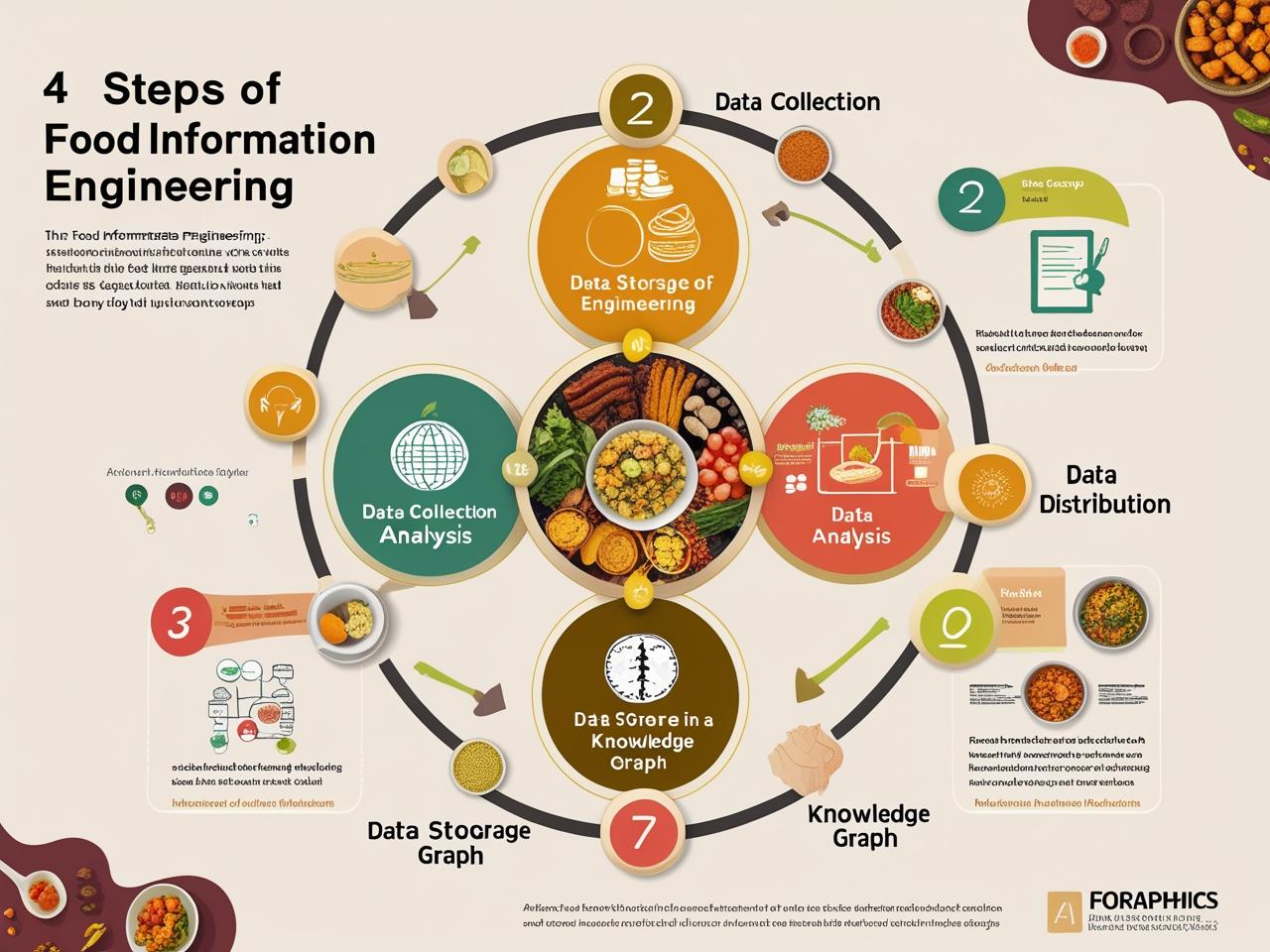
Collecting Data, Building Knowledge
We extract valuable information from scientific research and user contributions to build a deep and reliable knowledge base on food.

Making Sense with AI
Our AI models analyze, structure, and validate food data using LLMs and NLP to extract meaningful insights.

Connecting the Dots
We store structured information in knowledge graphs (ORKG) for intelligent exploration and reasoning.

Share Knowledge, Empower Health
Our insights are accessible via responsive apps, dashboards, and downloadable datasets for public and research use.

